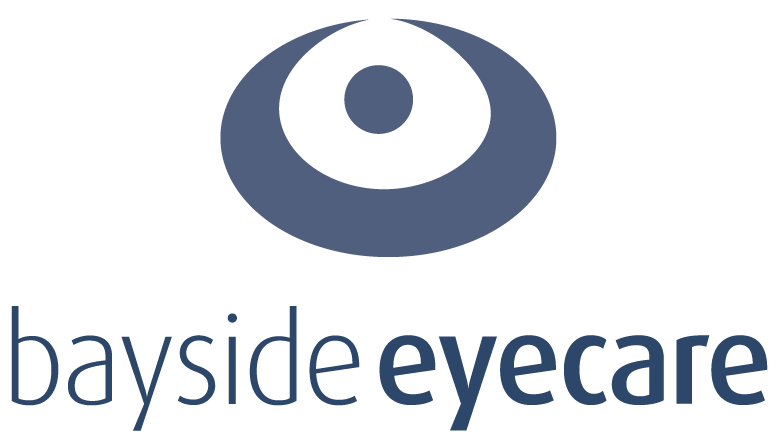As a parent or caregiver, you want your child to have a rewarding academic experience. While helping your child implement good study habits may be top of mind, you might not consider how their vision could be impacting their learning. Vision problems can have a significant impact on a child’s academic performance, making it difficult to read and comprehend materials, leading to frustration and a loss of confidence.
Regular visits to the optometrist as they grow can assess your child’s eye development and identify any issues with vision or the way they process visual information. Detecting vision problems early allows optometrists to provide timely and appropriate interventions to ensure that your child maintains their academic confidence.
What is the link between learning and vision difficulties?
The relationship between learning and vision can be complex and multifaceted, with visual difficulties affecting a child’s academic performance in various ways.
A child may have physiological issues with their vision, which can include nearsightedness, farsightedness, or astigmatism (or in some cases conditions such as amblyopia or strabismus). These physiological issues can lead to problems with visual clarity, focus, or eye teaming, which can make it challenging to read, write, and process visual information.
Visual Processing Issues
Alternatively, the link between learning and vision can be related to visual processing problems. This can include issues with the way a child’s brain interprets and processes visual information, such as difficulties with memory, sequencing, or visual-spatial ability. For example, a child may have difficulty understanding the spatial arrangement of objects on a page, or they may struggle to distinguish between similar-looking letters or words.
Signs of vision-related learning problems
Understanding the signs of vision-related learning problems will make it easier for you to recognise potential difficulties that could impact your child’s educational development.
Here are some key things to look out for:
- Skipping words or lines when reading
- Complaints of headaches, eye strain, or fatigue during visual tasks
- Difficulty concentrating or maintaining attention during reading
- Avoidance behaviours, such as rubbing the eyes
- Difficulty with hand-eye coordination or tracking
- Trouble differentiating between similar-looking letters or words
- Struggles with spatial awareness or object recognition
- Poor visual memory or sequencing skills
- Holding reading materials too close or too far away
How can an optometrist help vision-related learning problems?
Optometrists can help with vision-related learning difficulties by conducting comprehensive eye exams. During these tests, the optometrist can identify physiological or visual processing issues that may be impacting a child’s learning. Based on the findings, the optometrist may prescribe glasses or contact lenses to correct vision impairments like nearsightedness, farsightedness, or astigmatism. By correcting these impairments, a child’s visual acuity can be improved, and they may be able to better process visual information, which can ultimately enhance their confidence and experience in school.
In addition to prescribing corrective lenses, optometrists can also recommend vision therapy for children with vision information processing difficulties and binocular vision problems. Vision therapy is a program of exercises and activities designed to improve visual processing skills such as eye teaming, focusing, and tracking. By improving these skills, a child may be better able to process and retain visual information, ultimately leading to better academic performance.
Optometrists can also recommend classroom or home accommodations such as special lighting, seating arrangements, or study techniques to help children with visual processing or reading/writing difficulties. Working closely with educators and parents, optometrists can ensure effective management of a child’s vision-related learning problems and equip them with the tools they need to succeed.
At Bayside Eyecare, we create a comfortable eye-testing environment for children. Our team of optometrists have completed post-graduate training in behavioural optometry and assessing the connection between learning and vision. Book an appointment by filling out our online contact form or giving us a call on (03) 9909 5329.

 (03) 9596 1238
(03) 9596 1238


